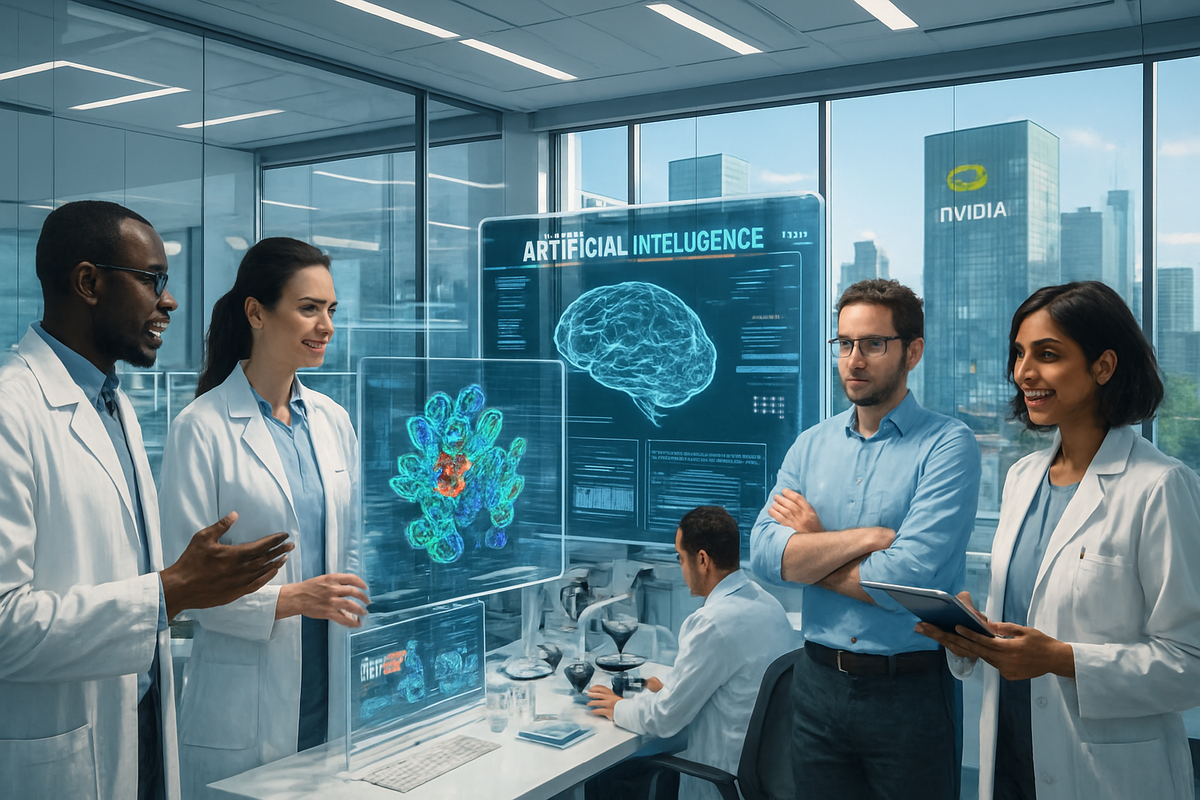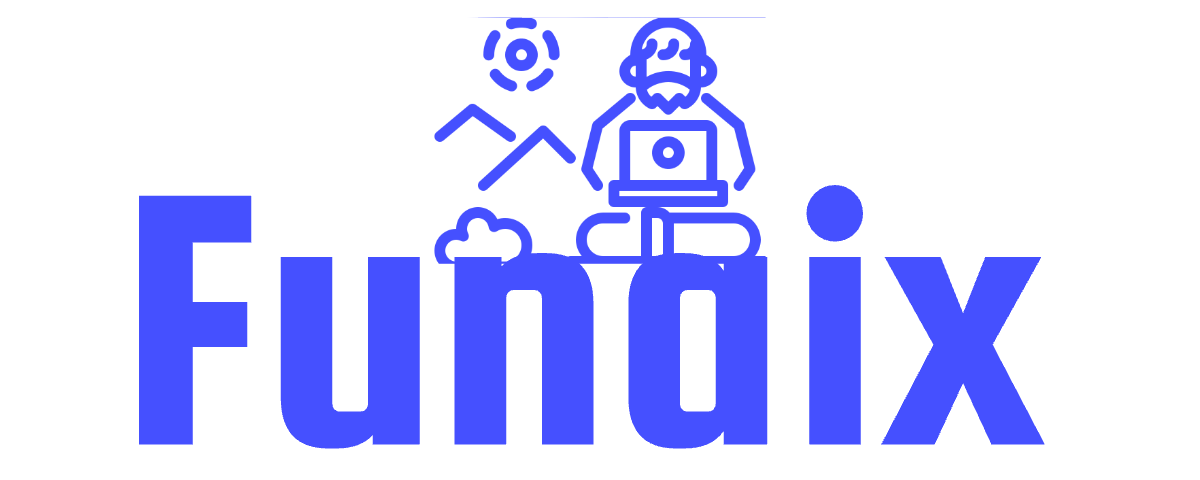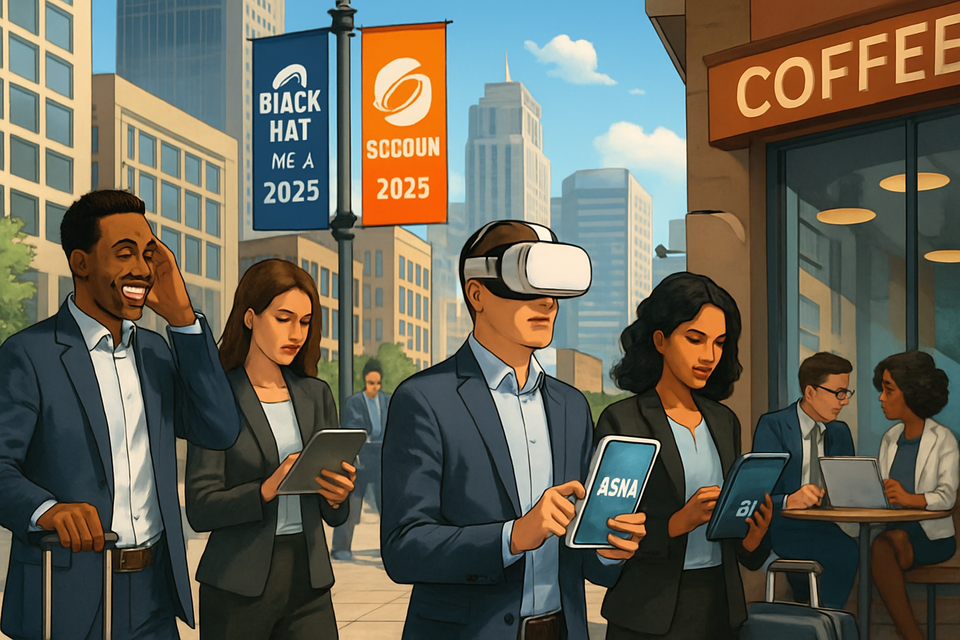The Great AI Drug Discovery Race: How Big Tech, Startups, and Science Are Reinventing Medicine in 2025
AI is redefining medicine's future, racing ahead to phase out animal testing and unlock unprecedented drug discovery speeds, promising cures faster and more ethically than ever. Dive into the AI-driven transformation reshaping healthcare as we know it.

Medicine’s New Codebreakers
Picture this: A world where drug discovery is less slow-motion detective work and more high-speed hacking marathon. In 2025, that’s no longer science fiction—it’s the new standard, as artificial intelligence (AI) transforms the very DNA of pharmaceutical innovation.
“AI’s most significant contribution will be accelerating scientific breakthroughs that address critical global issues, such as drug discovery, energy development, and climate change mitigation.”
— Christopher Bishop, Microsoft AI for Science Lab
Let’s dive into the great AI drug discovery race—where Big Tech giants, daring startups, and regulators are all jostling for pole position in the future of medicine.
The End of Animal Testing? FDA’s Bold Leap
For over a century, animal testing has been the slow (and often controversial) gatekeeper for new drugs. In 2025, the U.S. Food and Drug Administration (FDA) is phasing out traditional animal testing for many drug classes, including monoclonal antibodies. Instead, they’re embracing “New Approach Methodologies” (NAMs): AI-powered simulations, digital twins of human organs, and data-driven safety models.
- Why the shift? AI models can crunch molecular data, predict toxicity, and simulate human responses at lightning speed—lowering costs and, potentially, saving more lives.
- What’s at stake? Faster cures, fewer animal trials, and a new ethical standard for medical research.
This regulatory green light is accelerating investment, collaboration, and a dash of friendly (okay, sometimes cutthroat) competition between tech titans and biotech startups.
Meet the Players: Big Tech Goes Biotech
Microsoft: AI for Science—Not Just Spreadsheets Anymore
Microsoft’s AI for Science Lab is leading the charge, using deep learning and large language models to accelerate everything from protein folding to drug trial simulations. Their vision? Empower scientists to focus on breakthroughs instead of busywork.
Nvidia: Not Just Graphics—Now Powering the Chemistry of Life
Nvidia’s superchips are the engine room for AI startups like SandboxAQ, which recently released a synthetic dataset of 5.2 million 3D molecular structures. These virtual molecules help AI predict how new drugs will bind to proteins—speeding up what used to be years of trial and error in the lab.
Startups on a Mission: The New Biotech Mavericks
Insitro: Where Machine Learning Meets Medicine
Founded by AI pioneer Daphne Koller, Insitro harnesses machine learning to decode vast datasets of chemical and biological markers. Their goal? Shorten the decade-long journey from molecule to medicine—especially for complex diseases that have baffled Big Pharma for generations.
Latent Labs: Protein Design Gets Programmable
Helmed by ex-DeepMind scientist Simon Kohl, Latent Labs is using generative AI to design synthetic proteins from scratch. Instead of just searching for new drugs, they’re inventing them. Their platform aims to make biology as programmable as software—an idea that’s attracting both high-profile investors and a who’s-who of biotech talent.
SandboxAQ: Data, Data, and More Data
This Google spinout, backed by Nvidia, is flooding the field with synthetic molecular data—helping scientists and AI models predict which molecules are most likely to become the next blockbuster drug. Think of it as giving AI the world’s biggest molecular cookbook.
How AI Is Actually Accelerating Drug Discovery
- Massive Data Crunching: AI can analyze millions of molecular interactions in days—not decades—spotting patterns invisible to human researchers.
- Protein Structure Prediction: Generative models (inspired by AlphaFold2) are decoding how proteins fold and interact, opening new doors for targeted therapies.
- Virtual Screening: AI-powered simulations test thousands of compounds on virtual organs, predicting how they’ll behave in humans.
- Personalized Medicine: By integrating patient data, AI can help design drugs tailored to specific genetic profiles or disease subtypes.
“You can take the most sophisticated scientists from either side and put them in the same room and they might as well be speaking Thai and Swahili… We’ve put in place a number of cultural elements to help people engage with each other openly, constructively, and with respect.”
— Daphne Koller, CEO of Insitro
The Ethical Debate: Progress at What Price?
With great (artificial) intelligence comes great responsibility. As AI takes the wheel in drug discovery, new questions surface:
- Transparency: How do we know AI models aren’t missing rare side effects or biases in the data?
- Access: Will these breakthroughs reach all patients, or just those in wealthy countries and health systems?
- Global Competition: The race for biotech leadership is heating up—will international collaboration survive the new era of AI-fueled pharma rivalry?
One thing’s certain: the AI drug discovery race is as much about values as it is about velocity.
What’s Next? Practical Insights for the Future of Medicine
- Expect new medicines to reach clinical trials faster—sometimes in a fraction of the time it took just five years ago.
- Biotech investing is red-hot: From startups to established giants, the sector is drawing record funding. (Just remember, biotech can be as volatile as a caffeinated squirrel.)
- STEM and AI skills are more valuable than ever: If you’re a student or mid-career pro, this is your moment to jump in.
- Global standards and regulation will be a moving target. The EU’s AI Act is blazing a trail, while the U.S. FDA is rewriting the rulebook as we speak.
Want to stay ahead of the curve? Subscribe to Funaix Insider for free. Only subscribers can join our lively comment section and get the latest on AI, biotech, and the future of medicine. (It’s free, for now—your future self will thank you!)
Final Thoughts: The Human Side of the Great AI Drug Race
The ultimate winners of this race aren’t just the companies or countries—they’re patients, families, and dreamers everywhere who hope for faster cures and better health. As AI, science, and ethics collide, one thing is clear: the future of medicine is being written right now, in code, collaboration, and a healthy dose of curiosity.
Join the conversation: Only Funaix subscribers can read and write comments—don’t miss your chance to shape the debate and stay ahead in the AI-powered future of health. Subscribe now for free!




